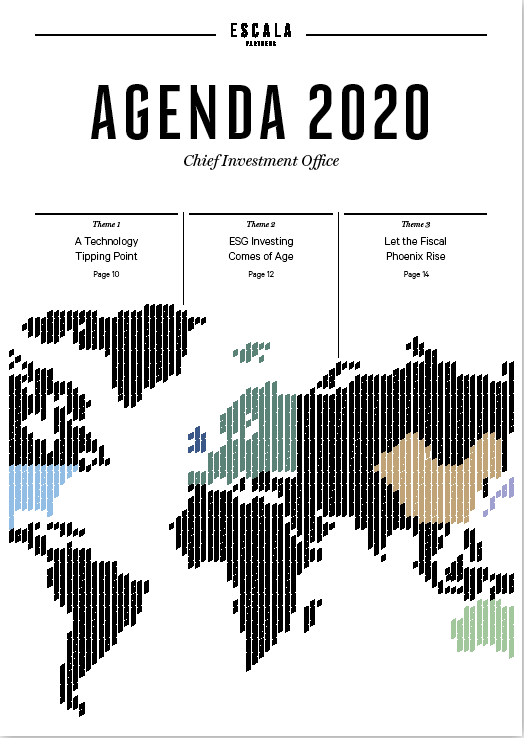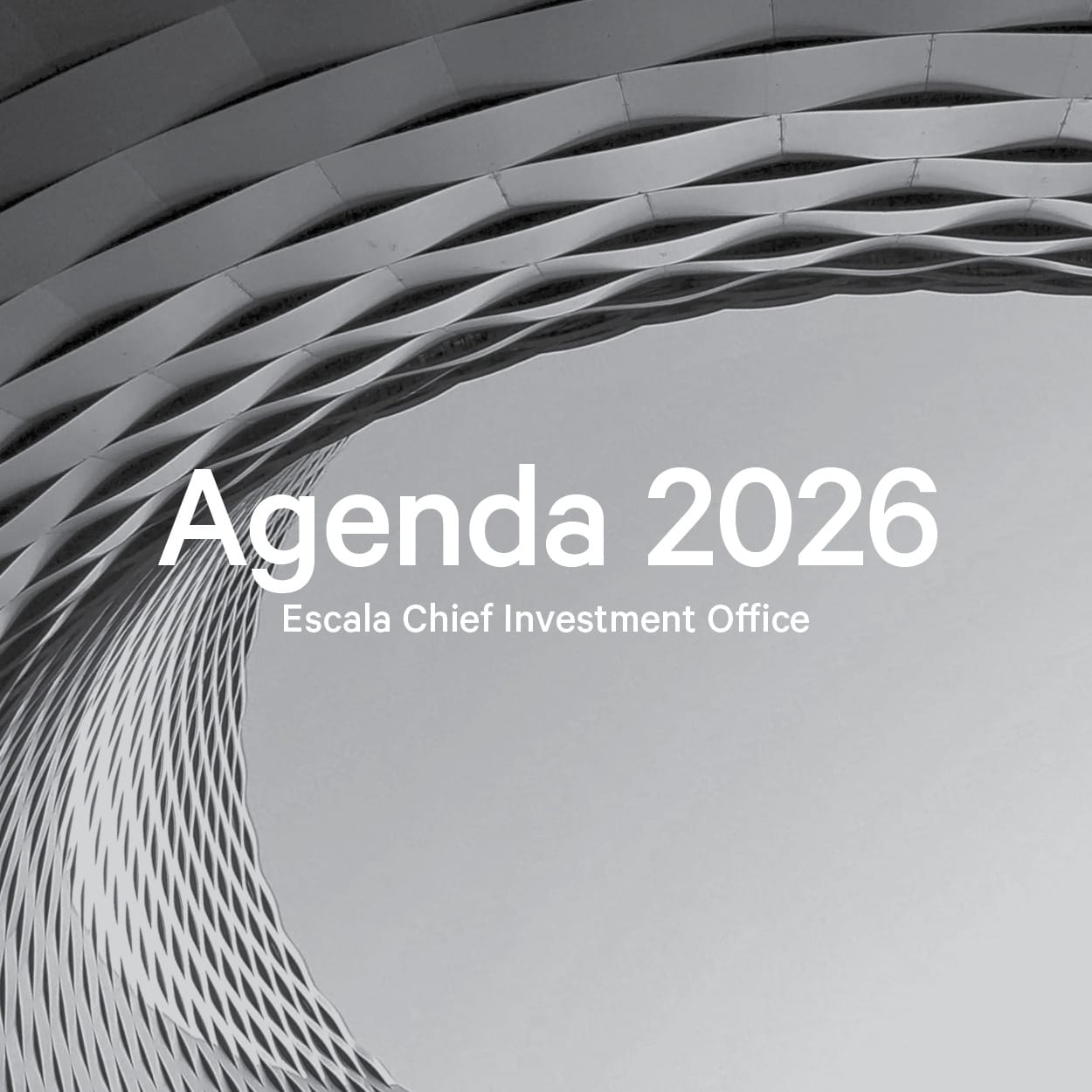-

Global Growth
We expect global growth to rise in 2020 as an easing of trade tensions puts a floor under global manufacturing activity. This will support emerging market economies, as will an easing in the US dollar. Monetary policy will largely be on the sidelines in developed markets but easing will continue elsewhere. Fiscal policy is likely to become slightly more accommodative.
-

Inflation
In our view inflation is one of the biggest risks to our base case scenario and one that is the least expected by the market. Despite the tightness of labour markets globally, wages are still largely contained reflecting a flat Phillips curve.
-

Interest Rates
2019 was a year of global synchronized easing of monetary policy. We are unlikely to see that in 2020. Conventional monetary policy is all but exhausted in developed markets. Further easing can be expected in emerging markets, however, which will be supportive of growth.
-

Fiscal Policy
We expect governments to finally yield to the pressure for expansionary budgets in 2020. This is particularly the case in Japan, the UK, and Europe. Talk of infrastructure spending is likely to take centre stage in the US as the November election approaches.
-

Bond Yields
After an initial re-pricing of term premia, we expect bond yields to remain largely range bound for 2020. Our base case scenario suggests only a gradual move upwards in inflation as excess capacity in labour and product markets depletes. Interest rates at the short end will remain well anchored resulting in a steepening in yield curves.
-

Equities
Accommodative monetary policy, steeper yield curves, and an easing of trade tensions should support global equities in 2020. A weaker US dollar will be supportive of financial conditions in the US. Australian equities will be pressured by slowing economic growth, constrained fiscal policy and an expected rise in the Australian dollar.
-

Currencies
The US dollar should weaken with an easing of US-China trade tensions. The boost to Asian economies though re-configured supply chains will put upward pressure on commodity prices and the Australian dollar.
-

Alternatives
Private markets should continue to benefit from the illiquidity premium but the significant fund flows into the sector means valuations will be pressured higher. We like infrastructure for its income qualities and its diverse universe of sectors. It will also act as a hedge against inflation should that risk arise.










